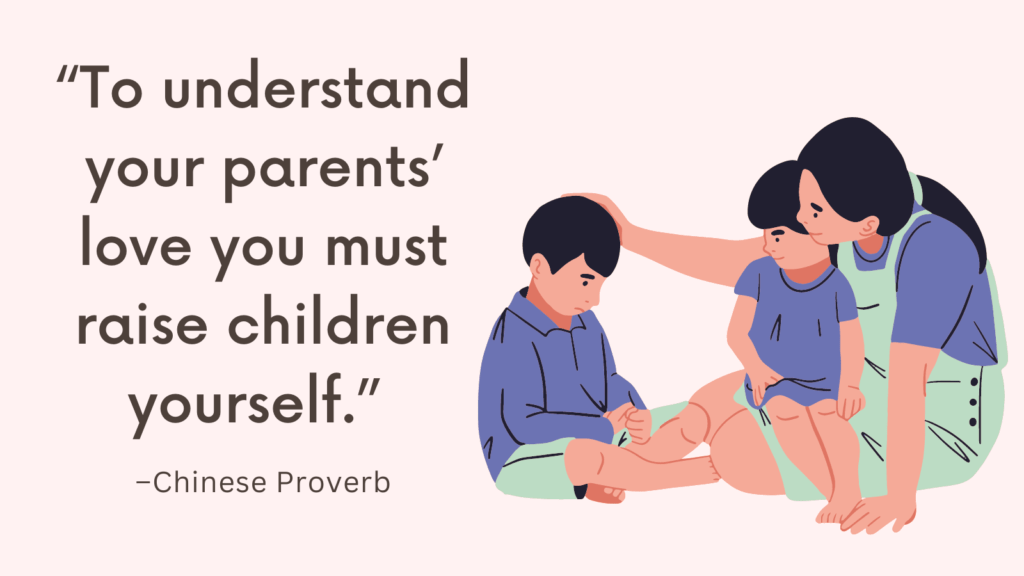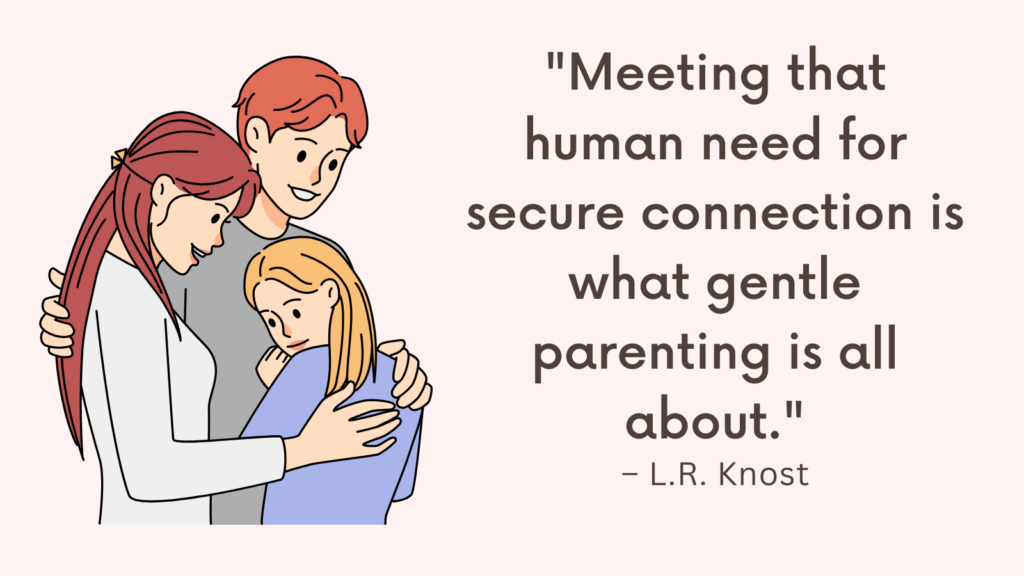This post contains “Does My Child Need Counseling Quiz.”
Does My Child Need Counseling Quiz
Results
#1. Is your child showing significant changes in their behavior, mood, or emotions?
#2. Has your child experienced a traumatic event or loss recently?
#3. Is your child struggling to cope with stress or anxiety?
#4. Are they having difficulty making friends or maintaining relationships?
#5. Is your child exhibiting sudden changes in academic performance or motivation?
#6. Do they frequently complain of physical symptoms such as headaches or stomachaches without a clear medical cause?
#7. Does your child have trouble managing and expressing their emotions appropriately?
#8. Have there been any major life changes or transitions that may be affecting your child’s emotional well-being?
#9. Do they exhibit signs of low self-esteem or lack of confidence?
#10. Has your child engaged in risky or self-destructive behaviors?
We will not sell your information. All results are kept confidential.
This quiz is for informational purposes only. It is not meant as a diagnostic or assessment tool.
Results
The questions above represent common signs your child may need counseling. If you answered yes to most of these questions, then your child may need counseling.
It’s important to remember that this is not an exhaustive list, and each child is unique.
But if you have concerns about your child’s mental health, it’s always a good idea to seek the advice of a professional counselor or therapist who can properly assess their needs.
Related: Does My Child Need Occupational Therapy Quiz
Common Issues In Children’s Lives
1. Behavioral issues: Children may exhibit challenging behaviors such as aggression, tantrums, defiance, or hyperactivity.
2. Emotional difficulties: Some children struggle with managing their emotions, experiencing frequent mood swings, anxiety, or low self-esteem.
3. Academic challenges: It is not uncommon for children to face difficulties in school, whether it be with specific subjects, completing assignments, or staying focused in class.
4. Social skills and peer relationships: Some children find it difficult to navigate social situations, make friends, or interact appropriately with others.
5. Family dynamics: Issues within the family, such as divorce, conflicts, or loss, can have a significant impact on a child’s well-being and adjustment.
6. Bullying: Children may encounter bullying, either as a victim or a witness, which can have lasting effects on their mental and emotional health.
7. Attention-deficit/hyperactivity disorder (ADHD): Some children struggle with concentration, impulsivity, and hyperactivity, making it challenging for them to succeed academically and socially.
8. Body image and self-esteem: With societal pressures and influences, children may develop body image concerns or struggle with low self-esteem.
9. Developmental delays: Some children may experience delays in their physical, cognitive, or social development, requiring additional support and intervention.
10. Technology and media influence: The increased use of technology and exposure to media can contribute to issues such as screen addiction, sleep disturbances, and negative body image ideals.
Related: Why Would A Child Need Occupational Therapy?
How Can Counseling Help Your Child?
Counseling can be incredibly beneficial for children in a variety of ways. Here are some ways counseling can help your child:
1. Emotional Support: Counseling provides a safe and supportive environment where your child can express their thoughts and emotions freely. A counselor can help them navigate difficult feelings and develop healthy coping strategies.
2. Problem Solving: Counseling equips children with problem-solving skills that they can apply to various areas of their life. It helps them brainstorm solutions, evaluate options, and make informed decisions.
3. Building Resilience: Through counseling, children learn how to bounce back from setbacks and face challenges with resilience. Counselors can teach them skills to help manage stress, build self-confidence, and handle conflict.
Related: Is My Child Gifted Quiz
4. Developing Social Skills: Counseling can assist children in enhancing their social skills by teaching them effective communication, empathy, and problem-solving in social interactions. This can improve their relationships with peers, teachers, and family members.
5. Improving Self-esteem: Counseling helps children develop a positive self-image and boosts their self-esteem. Counselors provide affirmation, encouragement, and guidance, helping children recognize their strengths and abilities.
6. Managing Trauma or Grief: If your child has experienced a traumatic event or is struggling with grief, counseling can offer a healing space. A counselor can help them process and work through their emotions, providing the necessary support during difficult times.
7. Academic Support: Some children may face difficulties academically. Counseling can help identify any underlying issues affecting their performance and provide strategies for improvement. Counselors can collaborate with parents and teachers to create a supportive academic plan.
It’s important to note that every child is unique, and counseling may have different outcomes based on their individual needs.
A trained counselor will work closely with your child to understand their specific challenges and goals, tailoring the counseling experience to meet their needs.
Related: Is My Child Highly Sensitive Quiz
Types of Counseling For Children
There are several types of counseling that can be beneficial for children. Here are a few commonly used approaches:
1. Play therapy: This type of counseling utilizes play to help children express their feelings and thoughts in a safe and non-threatening way. Through toys, art, and other materials, children can work through their issues and develop healthier coping skills.
2. Cognitive-behavioral therapy (CBT): CBT helps children identify and change negative thought patterns and behaviors. It aims to teach them new skills to manage their feelings, improve their problem-solving abilities, and develop healthier ways of thinking.
3. Family therapy: This approach involves the entire family in the counseling process. It focuses on improving communication, resolving conflicts, and enhancing family dynamics. Family therapy can be particularly helpful when a child’s issues are influenced by family dynamics or relationships.
4. Trauma-focused therapy: This type of counseling is specifically designed for children who have experienced traumatic events. It involves addressing the trauma and helping the child understand and cope with their feelings in a safe and supportive environment.
Related: Best 10 Books About Learning Disabilities
5. Behavioral therapy: This approach focuses on modifying specific behaviors in children. It sets clear goals, implements positive reinforcement techniques, and teaches children new skills to replace problematic behaviors.
6. Art therapy: Similar to play therapy, art therapy utilizes various art forms to help children express themselves. It can provide a creative outlet for emotions, promote self-discovery, and enhance communication.
7. Group therapy: Group therapy involves children who share similar concerns or challenges coming together in a therapeutic setting. It offers opportunities for support, validation, and the development of social skills.
It is important to note that the specific type of counseling will depend on the individual child’s needs, age, and developmental stage.
Consulting a mental health professional can help determine the most appropriate approach for your child.
Related: Best 10 Gentle Parenting Books
How to Build a Safe and Supportive Environment for Your Child?
Building a safe and supportive environment for your child involves several key factors. Here are some steps you can take:
1. Create a nurturing and loving atmosphere
Show your child love, affection, and attention. Offer praise and encouragement regularly, ensuring they feel valued and cared for.
2. Set clear boundaries and expectations
Establish age-appropriate rules and guidelines that help your child understand what is expected of them. Consistency is essential in reinforcing these boundaries.
Related: Best 10 Picky Eater Books
3. Foster open communication
Encourage your child to express their thoughts, feelings, and concerns openly. Listen actively, without judgment or interruption. This helps build trust and strengthens the parent-child bond.
4. Be a positive role model
children learn by observing their surroundings, especially their parents. Model behaviors such as kindness, empathy, respect, and responsibility in your everyday life.
5. Ensure physical safety
Regularly assess your home for potential hazards and make necessary adjustments to create a safe environment. Install safety gates, secure cabinets, cover electrical outlets, and keep harmful substances out of reach.
Related: Helicopter Parenting: Pros and Cons of Over-Parenting
6. Encourage social interaction
Provide opportunities for your child to develop social skills by arranging playdates, participating in group activities, or enrolling them in extracurricular activities like sports, arts, or clubs.
7. Teach problem-solving skills
Help your child develop resilience and problem-solving skills by allowing them to face age-appropriate challenges. Encourage critical thinking, decision-making, and finding solutions independently.
8. Support their interests and talents
Identify your child’s strengths, interests, and talents. Encourage them to pursue and excel in activities they enjoy, providing support and resources as needed.
9. Promote emotional well-being
Teach your child healthy coping mechanisms for managing emotions, such as deep breathing, journaling, or engaging in hobbies they enjoy. Encourage self-expression and validate their feelings.
Related: How To Deescalate A Child? Top 12 Tips
10. Maintain a healthy routine
Establish consistent sleep patterns, nutritious meals, and regular exercise. A structured routine can provide a sense of stability and security for your child.
Conclusion
Counseling can be a valuable resource in helping your child navigate through the challenges they may face.
Whether they are dealing with academic stress, social difficulties, or emotional struggles, counseling provides a safe and supportive environment for them to express their thoughts and emotions.
A trained counselor can assist your child in developing coping mechanisms, building resilience, and improving their overall well-being.







